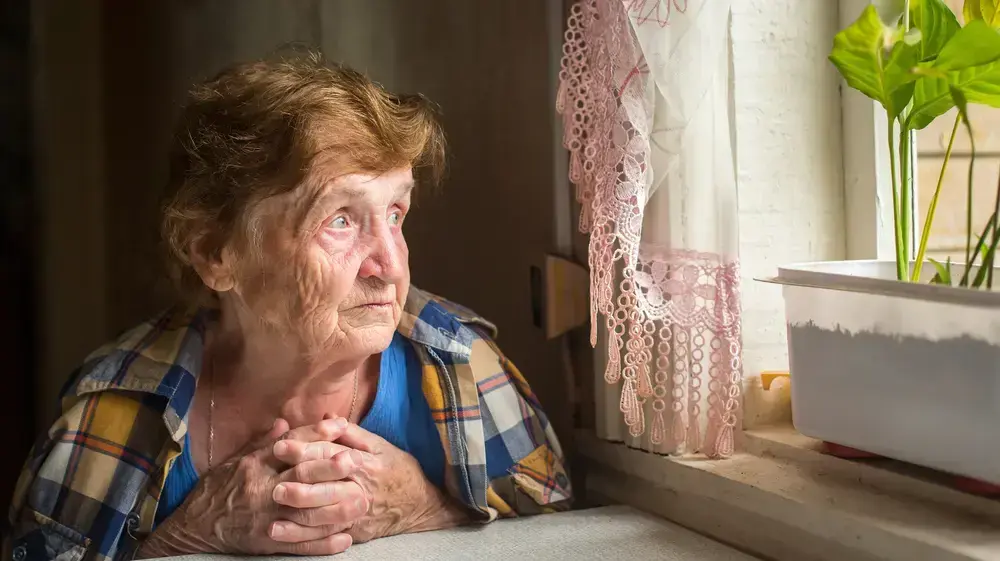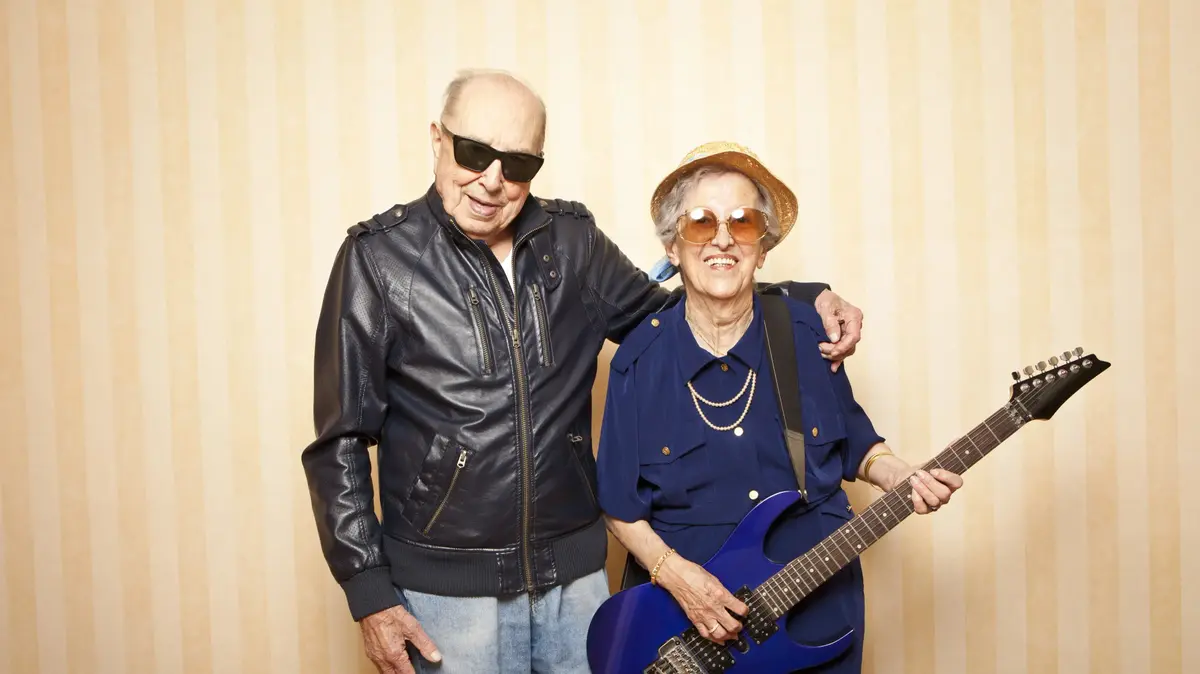health
news
Loneliness kills: It's the number of years it takes you out of life
Adults and the elderly who experience loneliness are expected to live less years - in a year in which the world also experiences a global epidemic that has led to closures and isolations and also crossed the point of no return in the aging population it has a fateful meaning
Tags
loneliness
Old age
aging
Life Expectancy
Walla!
health
Sunday, 25 July 2021, 15:10 Updated: 15:15
Share on Facebook
Share on WhatsApp
Share on general
Share on general
Share on Twitter
Share on Email
0 comments
Loneliness has physical and mental effects on everyone who experiences it, but the damage it does to the elderly is particularly significant and also documented and backed by quite a few studies.
For example, researchers have already found that loneliness is harmful to mental health, but it does not stop there - and it can be a trigger for diseases such as dementia.
Now, a new study claims to have been able to quantify the number of years loneliness heightens life expectancy when experienced in old age.
The study was conducted at Duke-NUS Medical School in Singapore and found that adults aged 60 and over who reported feeling lonely sometimes or constantly died up to 5 years earlier than their peers who did not report feeling lonely.
More on Walla!
If vaccinated are infected with the Indian strain - why do they not need isolation?
To the full article
Life expectancy is shortened by two to five years.
Lonely elderly woman (Photo: ShutterStock)
"We found that single adults can expect lower life expectancy than their peers who do not perceive themselves as individuals. In addition, they pay a 'fine' in the form of years of life they lose and which they could live in good health," the study's lead author Raul Malhutra said in a press release.
"In 2019, apart from the outbreak of the corona epidemic, another important global milestone occurred: it was the year in which for the first time in documented history the number of adults aged 30 and over accounted for half of the world population. Among the elderly, it is becoming a worrying public and social issue, "added fellow researcher Angelique Chan, director of the Duke-NUS School of Aging Research Center.
The authors of the study emphasized that the date of publication of the study is critical, because around the world there are still limitations of social distance and even closures, which fascinate many elderly people for their homes for long periods and impose social isolation on them.
60, 70 and 80 years of loneliness
As mentioned, the study found that 60-year-olds who prove themselves lonely are expected to live 5 years less, loneliness at age 70 will charge 3-4 years of life expectancy while lonely 80-year-olds will lose 2-3 years of their lives.
The researchers also found that seniors who experience loneliness show a decrease in two other health indicators.
Both indices are the number of years they have left to live in good health in their opinion, and the number of years they think they can continue to perform daily activities without restrictions.
In a year when many seniors have been confined to their homes for corona closures and isolation, these findings are of critical importance.
Grandson visits his grandmother in closure (Photo: ShutterStock)
More on Walla!
After the Indian variety: the new variant that is causing concern in the world
These people are "Corona Variants Factory"
5 tips that can save you a lot of money in car insurance
This means that loneliness causes the elderly to be more pessimistic about the number of years they have left to live an independent life in good health.
The number of years the elderly lost in the context of assessing their health and independent ability was the same as the life expectancy index in each age group.
That is, at age 60 it was a loss of 5 years, at 70 a loss of 3-4 years and at age 80 2-3 years.
Share on Facebook
Share on WhatsApp
Share on general
Share on general
Share on Twitter
Share on Email
0 comments













